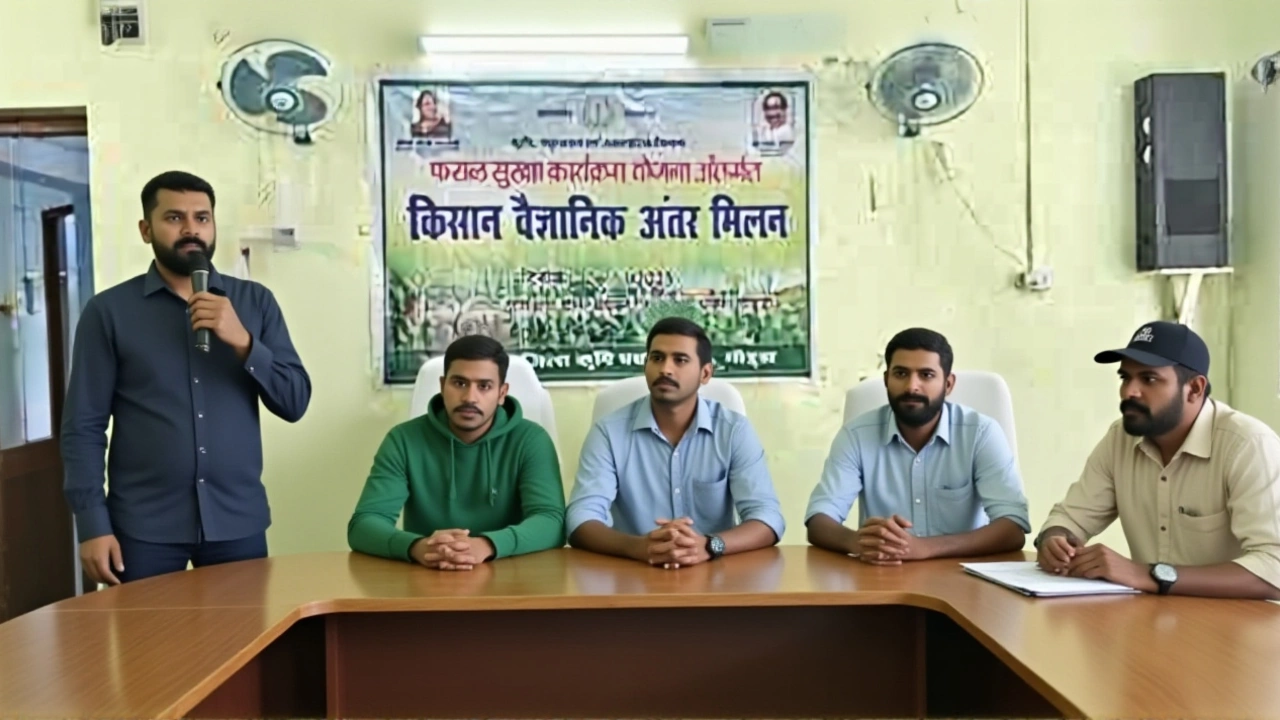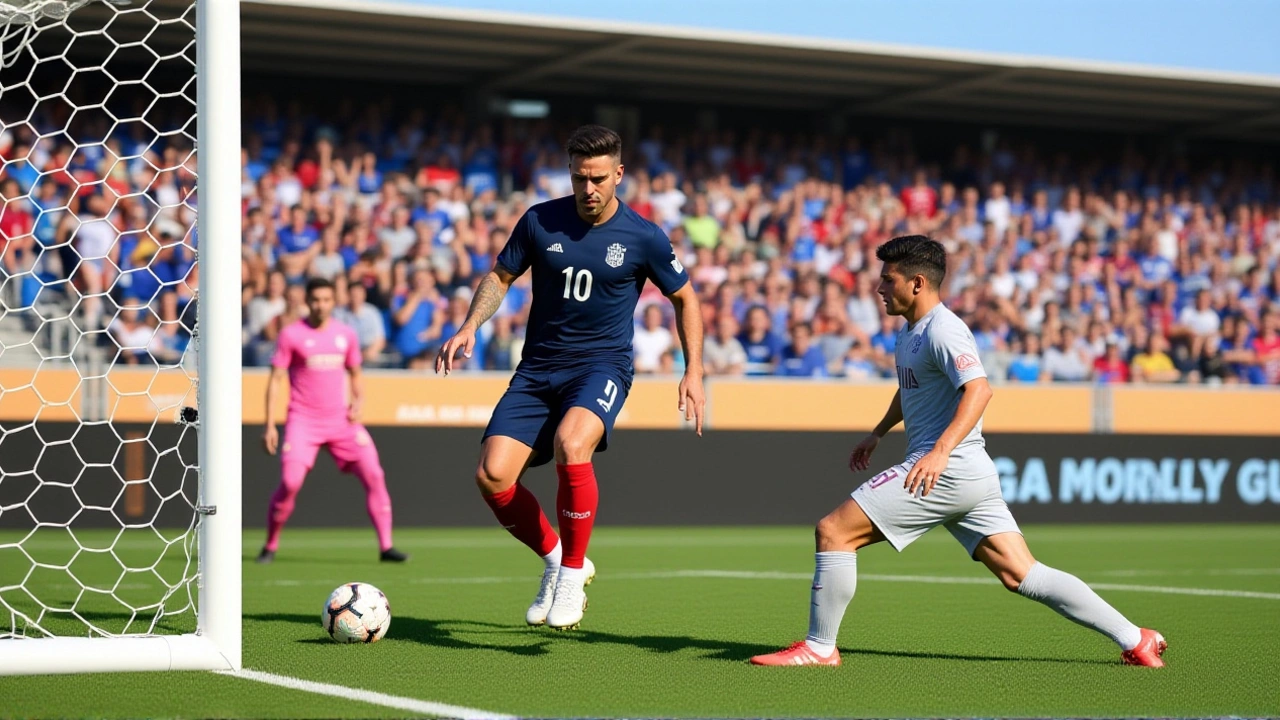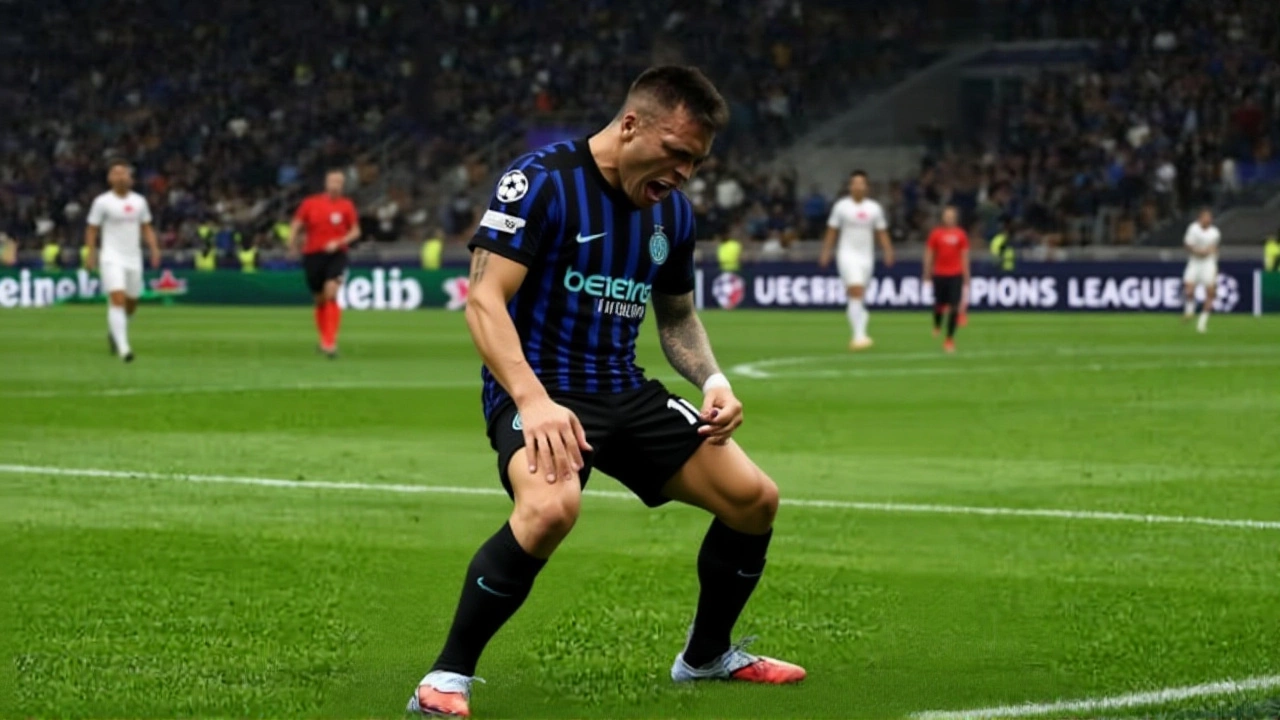It wasn’t the most glamorous win, but it was a vital one. Inter Milan scraped past FC Kairat Almaty 2-1 at Stadio Giuseppe Meazza on Wednesday night, November 5, 2025, in a tense UEFA Champions League 2025/26 Milan Group Stage clash. The win keeps Inter’s knockout hopes alive — barely — and handed a rare start to 20-year-old Francesco Pio Esposito and veteran playmaker Davide Frattesi, both pivotal to coach Cristian Chivu’s evolving game plan. Carlos Augusto’s 67th-minute strike sealed it, but the real story? The emergence of youth, the weight of experience, and a side still finding its rhythm after a turbulent start to the campaign.
Esposito’s Moment, Frattesi’s Engine
Francesco Pio Esposito didn’t just start — he carried the expectation of a club that’s watched him blossom since his loan spell at Spezia. The teenager, wearing #94, was Inter’s youngest starter in a Champions League match since 2019. He’d already scored his first goal for Italy in October and netted his first UCL goal against Royale Union SG. Confidence? He had it in spades. But this wasn’t about flair. It was about pressing, tracking back, and holding space. He was subbed off at 67 minutes, not because he faded, but because coach Chivu wanted more pace up top. Esposito didn’t score, but he forced two key turnovers in midfield — the kind of work that doesn’t show up on the scoresheet but keeps a team alive.
Meanwhile, Davide Frattesi, #16, was the heartbeat. The 26-year-old Italian, often overshadowed by Barella and Zieliński, dictated tempo with surgical passes and relentless energy. He completed 92% of his passes — the highest among Inter’s starters — and covered 11.7 kilometers. His link-up with Carlos Augusto on the left was the catalyst for the winning goal. When Barella was subbed off at 58, Frattesi dropped deeper, absorbed pressure, and kept Kairat’s midfield from ever fully controlling the game. He wasn’t flashy. He was essential.
The Defense That Held, and the Winner
Inter’s back three — Bisseck, de Vrij, and Carlos Augusto — faced a relentless barrage from Kairat’s quick transitions. The Kazakh side, playing 4-2-3-1, looked dangerous early. Ofri Arad, their Israeli captain, nearly opened the scoring in the 12th minute with a curling free-kick that rattled the crossbar. But Inter’s defense held firm. Bisseck, the 25-year-old German, made four clearances and three tackles. De Vrij, the 33-year-old Dutch veteran, was calm under pressure, even when Kairat’s Brazilian forward Edmilson pressed high.
Then came the goal. In the 67th minute, Frattesi played a diagonal ball to Augusto on the left flank. The Brazilian, normally a center-back, surged forward like a winger. He cut inside, evaded two challenges, and fired low past Temirlan Anarbekov. The crowd roared. Augusto, wearing #30, had never scored in European competition before. He was named Player of the Match — a rare honor for a defender in a 2-1 win. "It’s not about position," he said post-match. "It’s about being ready when your moment comes."

Who Was Missing? And Who Wasn’t Ready
Inter entered without four key players: Henrikh Mkhitaryan, Matteo Darmian, Tomas Palacios, and Raffaele Di Gennaro. The absence of Mkhitaryan — their creative spark — was felt in the first half. Kairat, meanwhile, were without their defensive anchor Aleksandr Martynovich and top scorer Elder Santana. Their midfield was disjointed. Vladimir Gromyko, their Belarusian central midfielder, was subbed off at halftime after looking lost. Damir Kasabulat, their defensive pivot, was overworked. And Ofri Arad, their captain, was booked in the 52nd minute and faded after being replaced at 71.
For all their physicality, Kairat lacked a clinical finisher. Edmilson, their Brazilian striker, had one shot on target. Daniyar Satpayev, their winger, was booked for a reckless tackle. They created chances — seven total — but couldn’t convert. Inter’s goalkeeper Yann Sommer made three saves, including a spectacular one-on-one stop in the 82nd minute that kept the lead intact.
Why This Matters Beyond the Three Points
This wasn’t just about climbing the group table. Inter, after a shaky start to the group stage, now sit just one point behind leaders Bayern Munich. But the real takeaway? Chivu’s willingness to trust youth. Esposito’s third start in the competition signals a long-term shift. The club is no longer just relying on Lautaro Martínez and Barella. They’re building around a core that includes 21-year-old Bisseck, 26-year-old Frattesi, and 20-year-old Esposito.
Meanwhile, Kairat Almaty — a club from Kazakhstan with a budget less than Inter’s backup goalkeeper’s salary — showed they belong. They didn’t just show up. They competed. Their coach Urazbakhtin deserves credit. But they’re still a step away from European relevance. Without a star striker or a proven playmaker, they’ll need more than grit to advance.

What’s Next?
Inter’s next Champions League fixture is away at Bayern Munich on November 26. They’ll need to replicate this resilience — and improve their finishing. With Marcus Thuram and Hakan Çalhanoğlu returning from injury, Chivu has options. But the question remains: Can Esposito and Frattesi maintain this level against elite opposition?
Kairat’s focus shifts to domestic dominance. They’re five points clear in the Kazakhstan Premier League. But for a club like theirs, this Champions League run — even with a 2-1 loss — might be the most important chapter in their history.
Frequently Asked Questions
Why was Francesco Pio Esposito given a starting role in such a big match?
Esposito earned the start after scoring his first Champions League goal against Royale Union SG and netting his maiden goal for Italy in October. His work rate, pressing intensity, and composure on the ball impressed coach Cristian Chivu during training. With Inter’s injury list growing, Chivu opted for fresh legs and energy over experience — and the 20-year-old responded with a disciplined, high-pressing performance that disrupted Kairat’s build-up play.
How did Carlos Augusto, a center-back, end up scoring the winning goal?
Inter’s 3-5-2 formation turned Augusto into a hybrid left wing-back. With Federico Dimarco pushing forward, Augusto had freedom to overlap. He received a diagonal pass from Davide Frattesi, cut inside past two defenders, and fired low into the far corner. It was his first goal in European competition. His pace and technical ability — often overlooked because of his position — made him the perfect fit for this system. He covered 11.2 kilometers and completed 89% of his passes.
What impact did the injuries have on Inter’s performance?
Missing Mkhitaryan hurt Inter’s creativity in the final third, especially in the first half. Darmian’s absence forced Bisseck into a more central role, while Di Gennaro’s injury meant Yann Sommer had to play without his usual backup. But rather than crumble, Inter adapted. Frattesi and Augusto filled gaps, and Lautaro Martínez’s movement created space. The squad depth, often criticized, proved vital — substitutes like Thuram and Çalhanoğlu are now ready to step in for bigger games.
How did Kairat Almaty manage to compete so well against a top European side?
Kairat played with discipline and structure. Their 4-2-3-1 formation kept a compact shape, and their midfielders tracked back relentlessly. Ofri Arad and Damir Kasabulat worked tirelessly to cut off passing lanes. Though they lacked technical polish, their physicality and organization frustrated Inter for 60 minutes. Their only flaw? Clinical finishing. They created seven chances but only one was on target. Against elite teams, that’s often the difference.
What does this result mean for Inter’s Champions League knockout chances?
Inter now have six points from four matches — same as Bayern and two behind leaders Juventus. A win against Bayern on November 26 would all but seal qualification. But a draw or loss could put them in a playoff scenario. Their next two opponents — Bayern and Juventus — are tough, but Inter’s improved midfield control and youth emergence give them a fighting chance. They’re no longer just surviving — they’re evolving.
Is this the beginning of a new era for Inter Milan’s youth system?
Absolutely. Esposito, Bisseck, and Frattesi — all under 27 — now form the core of Inter’s future. They’re not just filling in for injured stars; they’re defining a new identity: fast, intelligent, and fearless. Chivu’s trust in them signals a shift from the veteran-heavy squads of the past. If they continue this form, Inter won’t just qualify for the knockout stage — they’ll challenge for it.
